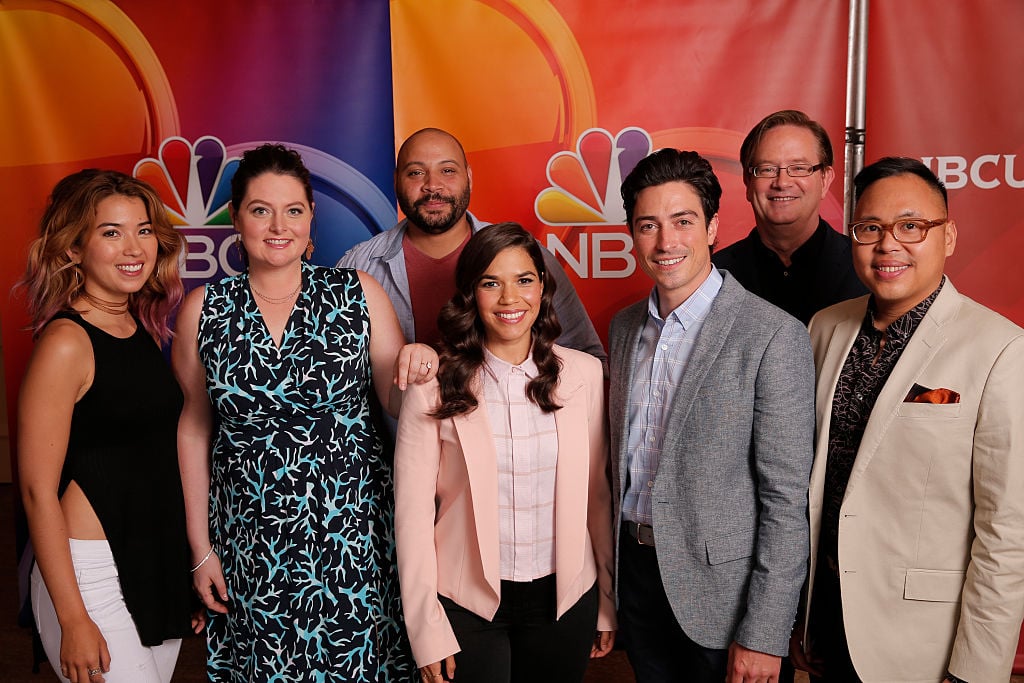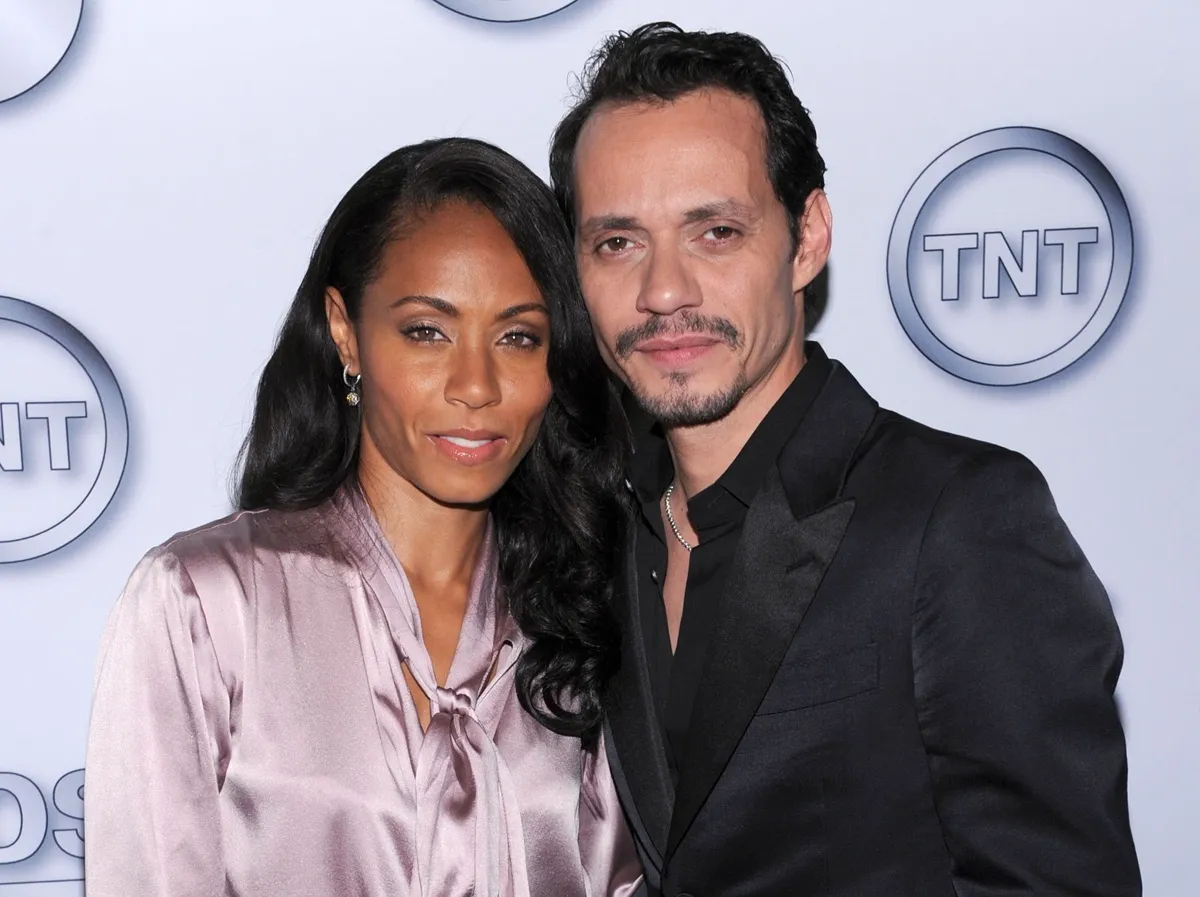How ‘Superstore’ Differs From Workplace Comedies Like ‘The Office’
Superstore is a comedy that airs on NBC, a network home to many successful comedy series. The show is currently in its fifth season and was created by Justin Spitzer who was a writer on The Office for several seasons. Superstore is a workplace comedy like The Office, Parks and Recreation, and Brooklyn Nine-Nine. While Superstore has superficial similarities to The Office, the shows are actually quite different.

‘Superstore’ has been compared to ‘The Office’ since its premiere
Since it premiered, Superstore has been considered a spin-off of The Office. At first glance, it’s easy to see why. Both are workplace comedies, Spitzer created Superstore after working on The Office, and both premiered on NBC. Some of the characters on Superstore seem to have similar archetypes compared to characters on The Office.
In Superstore, Lauren Ash plays the assistant manager of Cloud 9, Dina. Outwardly, Dina seems a lot like Rainn Wilson’s character Dwight from The Office. Both characters love their jobs and are a stickler for the rules. That’s where the similarities end.
While Dwight wanted nothing more than to take over Dunder Mifflin, Dina has no desire to move above her assistant manager position at Cloud 9. Dwight greatly respects his boss, Michael, and wants to be friends with him. On the other hand, Dina despises her boss, Glenn, and does not respect him.
Jonah and Amy’s relationship differs from Jim and Pam’s relationship
Like Jim and Pam’s relationship in The Office, Amy and Jonah’s slow burn romance becomes a major plot point of Superstore. Both romances originated from friendships, and both had a will-they-won’t-they story line that continued for multiple seasons. However, Jonah and Amy’s relationship is messier and more realistic than Jim and Pam’s.
When Jonah and Amy meet, Amy is married and has a teenage daughter with her husband, Adam. It’s obvious that Amy deserves better than Adam, her high school sweetheart, and she and Jonah clearly have crushes on each other. Amy’s feelings for Jonah are put on hold constantly as she navigates her separation and eventual divorce from Adam. Because both Amy and Jonah are working class employees, they do not have the privilege of getting a new job to avoid their feelings for each other.
Even when Amy and Jonah get together, Amy discovers she is pregnant from a one-night stand with Adam. Amy and Jonah date during Amy’s pregnancy and eventually move in together after Amy gives birth to her son, Parker. Compared to Jim and Pam, Amy and Jonah’s relationship moves at a much slower pace. Despite this, the relationship still feels comforting and realistic.
‘Superstore’ confronts real-world issues more so than ‘The Office’
At its heart, Superstore is a comedy. Compared to The Office, Superstore comes across as very lighthearted. While Michael was arguably an abusive boss and the employees of Dunder Mifflin were at times difficult to root for, the characters in Superstore are realistically flawed but never antagonists.
Both shows feature diverse casts and deal with workplace issues. At times, The Office was grim in dealing with the characters’ personal and professional problems. Superstore manages to remain a lighthearted comedy while tackling real-world issues.
The show is not afraid to get political. Already, Superstore has addressed gun control, the morning after pill, automation, immigration, healthcare, and unions. In the season finale of the fourth season, Mateo is taken in as an undocumented immigrant after an I.C.E. raid. While the last few minutes of the episode were sad, the show managed to remain funny as the Cloud 9 employees tried to hide Mateo.
The fifth season is taking on even more issues in addition to Mateo’s possible deportation. In the season 5 premiere of Superstore, the Cloud 9 employees are confronted with their jobs being replaced by automation. Meanwhile, Jonah and Amy try to convince Cloud 9 employees to unionize. What sets Superstore apart from The Office is how Superstore does not shy away from depicting issues the working class in the U.S. face.


